Keynote speakers
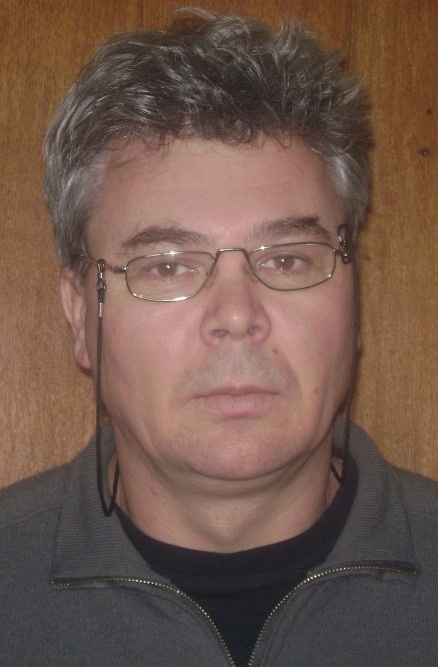 Gheorghe Fundueanu-Constantin
is Principal scientist at "Petru Poni" Institute of Macromolecular
Chemistry. Head of the Department of Natural Polymers, Bioactive and
Biocompatible Materials. Highly specialized in synthesis and
characterization of smart drug delivery systems based on polymeric
microparticules, nanoparticules, microcapsules, hydrogels obtained from
synthetic and natural polymers. Strong expertise on cell culture, in vitro
and in vivo testing of the polymeric biomaterials including short term
toxicity, bioactivity per se, biocompatibility, bioavailability, etc.
Advanced specialized in protocols for the determination of the
pharmaceuticals in biological fluids and pharmaceutical preparations.
Gheorghe Fundueanu-Constantin
is Principal scientist at "Petru Poni" Institute of Macromolecular
Chemistry. Head of the Department of Natural Polymers, Bioactive and
Biocompatible Materials. Highly specialized in synthesis and
characterization of smart drug delivery systems based on polymeric
microparticules, nanoparticules, microcapsules, hydrogels obtained from
synthetic and natural polymers. Strong expertise on cell culture, in vitro
and in vivo testing of the polymeric biomaterials including short term
toxicity, bioactivity per se, biocompatibility, bioavailability, etc.
Advanced specialized in protocols for the determination of the
pharmaceuticals in biological fluids and pharmaceutical preparations.
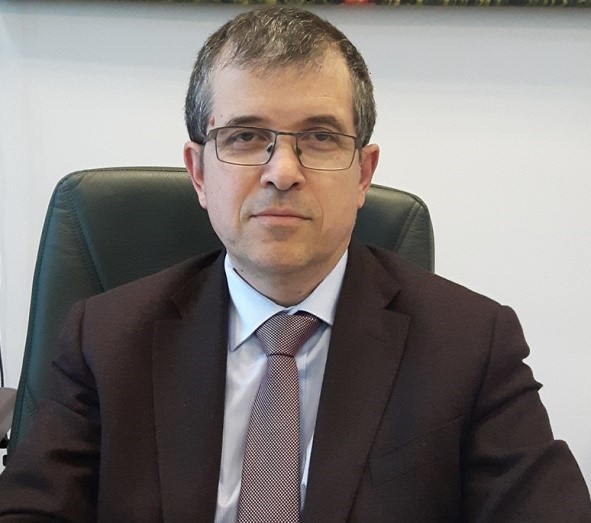 Horia
Iovu is a professor at Department of Bioresources and Polymer
Science at University Politehnica of Bucharest and the Head of Advanced
Polymer Materials Group. He received his Ph.D. in Chemical Engineering in
1995. His research covers a broad range of aspects concerning polymer
composites and their applications, drug delivery systems, polymer-based
scaffolds, etc. In the last few years, he delivered oral contributions
regarding synthesis and applications of polybenzoxazine/ carbon material
composites. He published more than 150 papers in ISI rated journals.He is a
full member of Academy of Romanian Scientists and fellow member of Royal
Society of Chemistry.
Horia
Iovu is a professor at Department of Bioresources and Polymer
Science at University Politehnica of Bucharest and the Head of Advanced
Polymer Materials Group. He received his Ph.D. in Chemical Engineering in
1995. His research covers a broad range of aspects concerning polymer
composites and their applications, drug delivery systems, polymer-based
scaffolds, etc. In the last few years, he delivered oral contributions
regarding synthesis and applications of polybenzoxazine/ carbon material
composites. He published more than 150 papers in ISI rated journals.He is a
full member of Academy of Romanian Scientists and fellow member of Royal
Society of Chemistry.
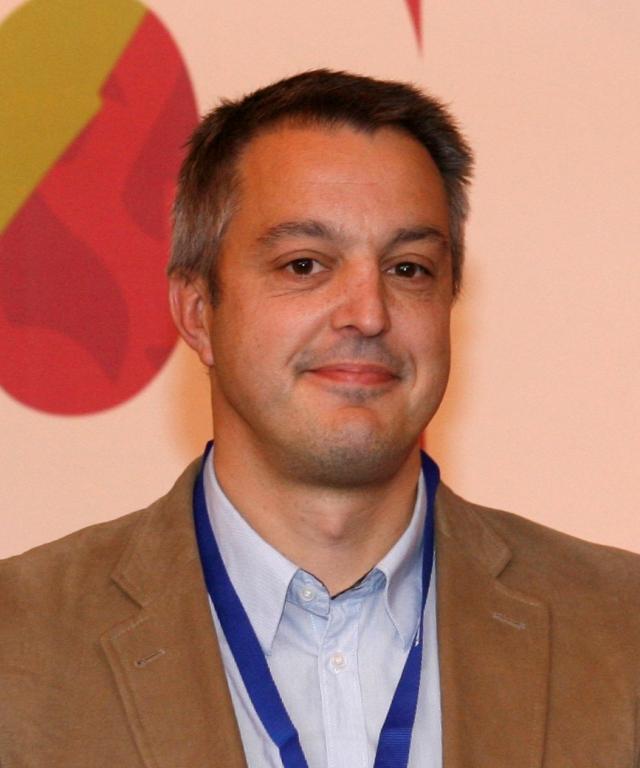 Jean-François
Lamonier is currently a Full Professor in Department of Chemistry
and Deputy Director of the Chevreul Institute, Lille University, France.
Jean-François
Lamonier is currently a Full Professor in Department of Chemistry
and Deputy Director of the Chevreul Institute, Lille University, France.
He
obtained his Ph.D. degree in Chemistry from the University of Lille in 1993
on the topic « Selective Catalytic Reduction of Nitrogen Oxides (NOx) ». He
worked as Assistant Professor at the Littoral Côte d’Opale University in
Dunkirk (France) from 1996 to 2007. In 2004 he obtained the accreditation to
Supervise Research (Habilitation Thesis). In 2007 he was promoted to Full
Professor at the University of Lille and joined the “Unité de Catalyse et
Chimie du Solide” (UCCS). Since 2015 Jean-François Lamonier leads the team
“Catalytic Remediation (ReMCat)” of the UCCS.
His research is currently
focused on catalytic oxidation technologies for Volatile Organic Compounds
(VOCs) emissions removal. As recognition of his achievements in research he
was honored with two innovative Techniques for the Environment awards from
the French Agency for the Sustainable Development (ADEME) in 2001 and in
2010. As of March 2018, Jean-François Lamonier has published more than 110
peer reviewed journal articles on heterogeneous catalysis applied to the
elimination of environmental pollutants (NOx, VOC). A recent search (March
2018) of Scopus shows his entire publications have been cited for over 2436
times. He has an H-index of 29. He is currently Academic Editor of
“Catalysts” Journal and Associated Editor for Asia-Pacific Journal of
Chemical Engineering.

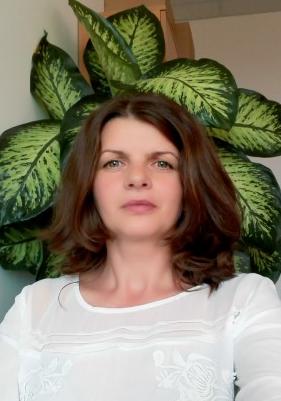 Prof.dr.eng.
Florica Manea teaches at Politehnica University of Timisoara,
Romania, and she is the Head of Department of Applied Chemistry and
Engineering of Inorganic Compounds and Environment. Her scientific work has
resulted in more than 170 scientific articles, 92 publication in impact
factor journals and 15 national and international books/ chapters’ books.
Prof.dr.eng.
Florica Manea teaches at Politehnica University of Timisoara,
Romania, and she is the Head of Department of Applied Chemistry and
Engineering of Inorganic Compounds and Environment. Her scientific work has
resulted in more than 170 scientific articles, 92 publication in impact
factor journals and 15 national and international books/ chapters’ books.
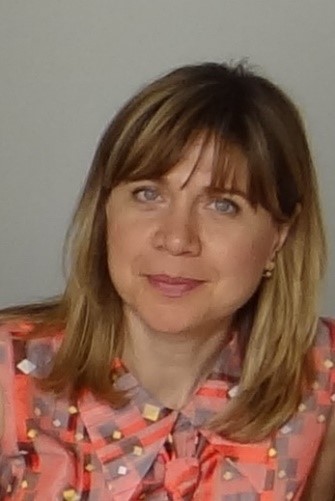 Professor
Alice Mija teaches at University of Nice, France. She is a
scientist with 25+ years of expertise in polymer chemistry &
physico-chemistry research. She has now also interest in the development of
new instrumentation for materials from bio resources and from wastes
valorization. She is author of over 60 publications in peer-international
journals, book chapters and oral communications in national and
international conferences.
Professor
Alice Mija teaches at University of Nice, France. She is a
scientist with 25+ years of expertise in polymer chemistry &
physico-chemistry research. She has now also interest in the development of
new instrumentation for materials from bio resources and from wastes
valorization. She is author of over 60 publications in peer-international
journals, book chapters and oral communications in national and
international conferences. 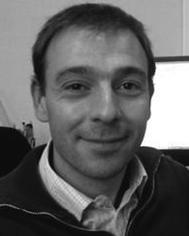 Professor
Sebastien Royer teaches at University of Lille 1, France, and is
the Head of Catalytic Materials -MATCAT research team. He focuses his
research working in the field of solvent-free synthesis routes to produce
nanocrystalline mixed oxides with improved surface areas.
Professor
Sebastien Royer teaches at University of Lille 1, France, and is
the Head of Catalytic Materials -MATCAT research team. He focuses his
research working in the field of solvent-free synthesis routes to produce
nanocrystalline mixed oxides with improved surface areas. 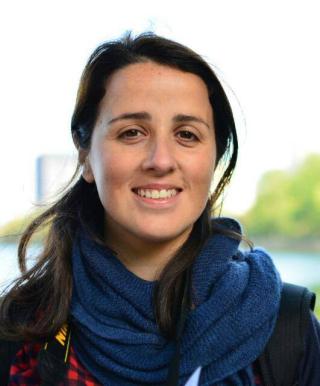 Carmen
M. Torres was born in Santiago de Compostela (Spain, 1981). She
graduated in 2006 as chemical engineer from the Santiago de Compostela
University (USC) where she worked as researcher in the Astroparticle Physics
Group (Physics Faculty) and Environmental Modelling Group of the Chemical
Engineering Department. In 2013, she obtained a Ph D degree in the field of
Chemical, Environmental and Process Engineering at the Rovira i Virgilli
University, Tarragona (Spain).
Carmen
M. Torres was born in Santiago de Compostela (Spain, 1981). She
graduated in 2006 as chemical engineer from the Santiago de Compostela
University (USC) where she worked as researcher in the Astroparticle Physics
Group (Physics Faculty) and Environmental Modelling Group of the Chemical
Engineering Department. In 2013, she obtained a Ph D degree in the field of
Chemical, Environmental and Process Engineering at the Rovira i Virgilli
University, Tarragona (Spain).